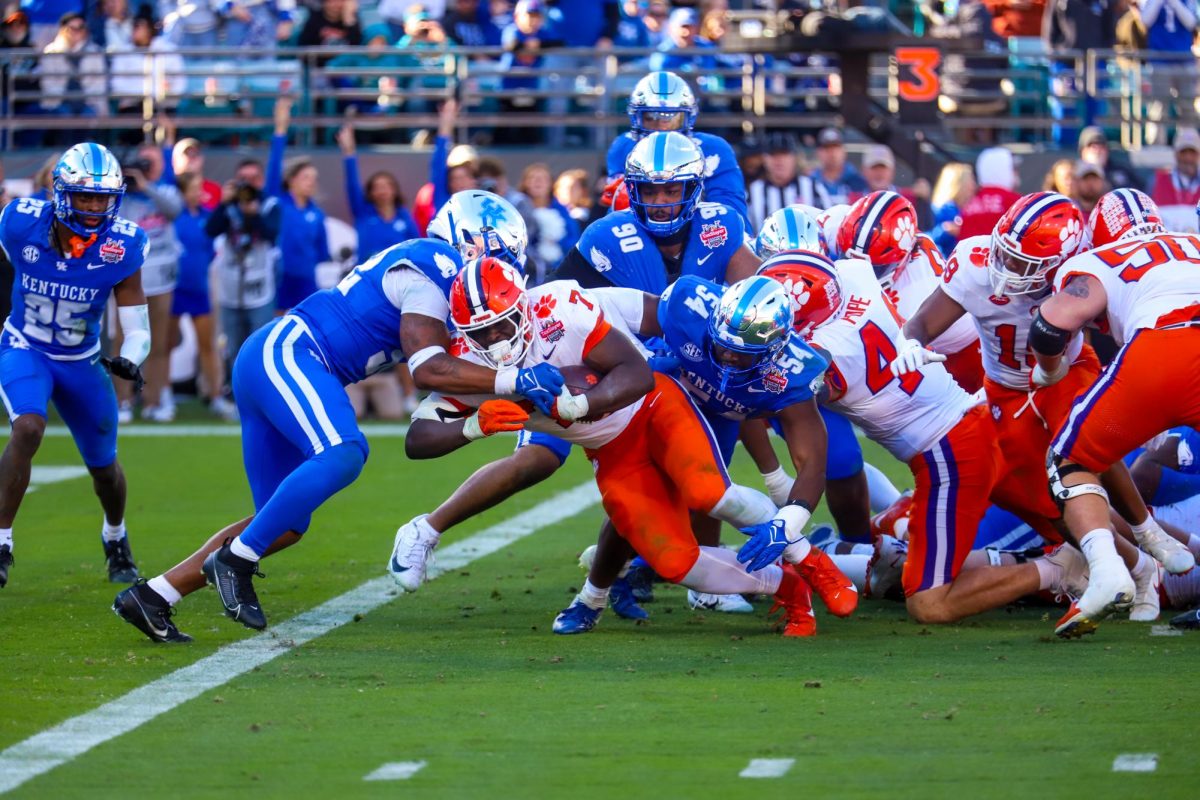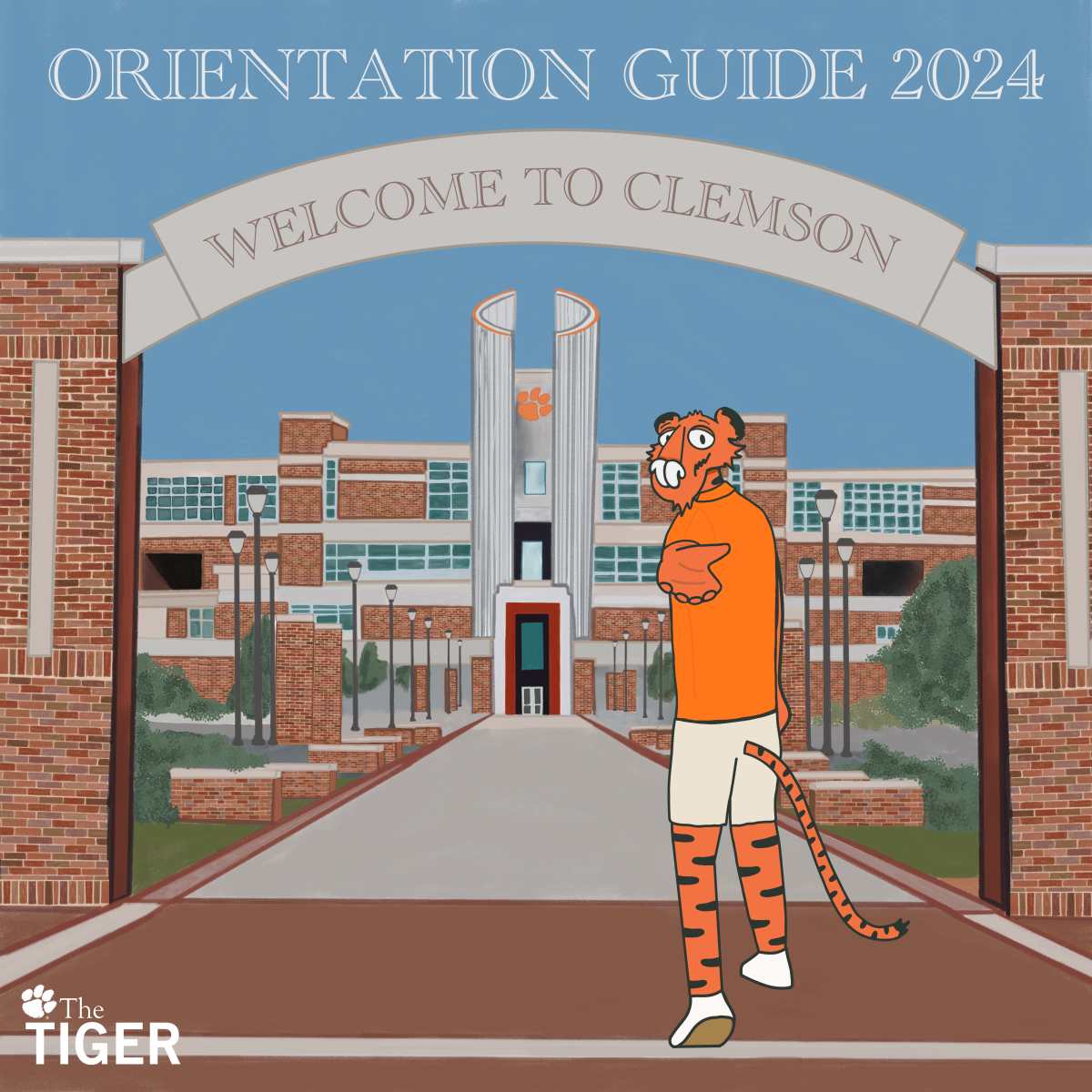Point
The late Supreme Court Justice Antonin Scalia said in a majority opinion in 1987 that “the Constitution sometimes insulates the criminality of a few in order to protect the privacy of us all.” Though it is unclear exactly what he would have thought about the current conflict between the FBI and Apple, I don’t think it’s hard to guess given his consistent hard line on the fourth amendment.
For those unaware, a terrorist attack on San Bernardino, California took place on December 2, 2015 which claimed the lives of 12 people. Controversy arose during the subsequent investigation over whether Apple should be obligated to facilitate the FBI’s access to the encrypted iPhone of Syed Farook, one of the attackers.
Of course, Farook’s actions were pure evil, and it’s tempting to say that any action that might help the FBI’s investigation should be enacted. However, this belief doesn’t survive scrutiny.
The most immediate objection is that, in cyberspace, anything one person or group can do, another person or group can almost certainly do better.It is a sad but true fact that there is no plausible way for encryption software to allow access only to the FBI without any possibility of someone else finding it. If there’s a door, eventually someone will find it, open it, and walk through.
Consider the best-case scenario. In the best case scenario, it is unlikely that the iPhone in question could lead to the dismantling of more than a few more terrorist cells.
However, it is reckless not to suppose that the same vulnerabilities could be exploited by the enemies of the United States. At the moment, ISIS lacks the resources to wage a serious cyber war, but the same can’t be said for Russia, China, Iran or North Korea.
While the dismantling of the cells in the best case scenario would certainly be a good thing, if a malicious actor used blackmail material acquired via these vulnerabilities to compel Americans to install more malware into the software governing hospitals, air traffic control towers, power plants or other vital infrastructure, they could launch a cyber attack which could cost tens of thousands of lives and billions of dollars.
But the greatest threat to American ideals from this case won’t come from external enemies. As my fellow contributor Mark Hinds pointed out in his article, James Comey, the FBI director, has denied that they’re trying to set a precedent or send a message. To quote Scalia again, this claim is “pure applesauce.”
The New York Times reported on Feb. 23 that “[t]he Justice Department is demanding Apple’s help in unlocking at least nine iPhones nationwide in addition to the phone used by one of the San Bernardino, California attackers.”
There is a massive amount of personal data accessible on private phones. It is nearly inconceivable that the government won’t demand greater and greater access to this sanctum sanctorum if they are given any access at all.
A response to this may be that “if you have nothing to hide, you have nothing to fear.” However, there is plenty of information that may not reveal crimes but may be embarrassing. You need look no further than the recent Ashley Madison hack, which revealed profoundly harmful but not perfectly legal information about people whose accounts were associated with .mil and .gov email accounts, among others.
If an unscrupulous individual gained enough power within the FBI to undertake a 21st century Watergate, the harmful but not illegal information they could find and use as blackmail material is unimaginable and if a government agency cared to create a digital panopticon, it would be folly to believe they couldn’t.
Hind’s belief that the government should have unlimited access to whichever phones they please is viable if and only if you believe that the FBI and the rest of the government are made up of incorruptible saints— if you believe that they would never use their power for any but the most righteous cause, and always in perfectly limited and proportional amounts. I regret to inform Hinds and anyone else who might share such a view that the world doesn’t work that way. Public officials are just as corruptible, stupid and self-interested as the rest of us — perhaps even more so.
Counterpoint
Big corporations and the FBI often have their battles. It is a natural thing. Recently, the skirmish of the day has been between Apple, the challenger and the FBI. In case you did not hear about the San Bernardino shootings on December 2, 2015, I’ll sum it up for you. Two Terrorists, Syed Rizwan Farook and Tashfeen Malik, stormed into a government building in San Bernardino Ca, and opened fire. Fourteen people were killed and 22 injured.
To be brief, the FBI wants Apple to hack, or at least give the FBI the ability to hack, the terrorist Syed Rizwan Farook’s iPhone in order to see what information the phone contains that could aid in their ongoing investigation. I am of the opinion that the FBI has every right to know everything about this sorry excuse for a man, including all the data contained on his iPhone.
I want them to know what is on his phone, what kind of car he had, what kind of cereal he likes, what his favorite song was, his favorite flavor of gum and what size shoe he wore. Everything.
These people committed a terror attack on U.S. soil, they killed 14 people, 14 Americans for crying out loud. I bet if we recovered an iPhone that belonged to one of the Al-Qaeda terrorists on American Airlines Flight 11 (9/11, North Tower) we would not be having this argument. His privacy is gone in my opinion.
Apple is like that kid in your kindergarten class that won’t give you the best crayons when you really need them to finish that drawing. They’re being childish. I mean come on; we are not asking Apple to put every iPhone user’s security at risk, only this iPhone that belonged to a mass murderer. This is not an issue of violating millions of people’s privacy; this is about getting every possible piece of information on a lunatic mass murderer.
James Comey, FBI director puts it best, “The San Bernardino litigation isn’t about trying to set a precedent or send any kind of message. It is about the victims and justice. Fourteen people were slaughtered and many more had their lives and bodies ruined. We owe them a thorough and professional investigation under law. That’s what this is. The American people should expect nothing less from the FBI.”
Well said, Mr. Director. You can call me big government; you can accuse me of wanting to live in an America where the government has greater access to your personal information than it deserves, frankly I do not care. I want to live in an America where corporations do not act like children and attempt to hinder a domestic terror investigation just because of branding concerns. I want to live in America where the FBI has every available tool to ensure our safety and that something as tragic as this never happens again.
Ask yourself this: what difference does it make to you, right now, if the FBI has access or not to this psycho’s phone? How can you not want this guy to be exposed?
As much as I disagree with David on this issue there is something even more bothersome to me, something that John Kasich has been very vocal about lately. David and I should not even have enough knowledge of this issue to write articles pertaining to it. The public should not know about this. Our president should have solved this issue when it first came about. He needed to sit Apple and their legal team down with James Comey and the rest of the FBI and tell them: no one leaves until we get this solved. That’s how it should have been handled. It is not safe to let a game of national security play out in the pages of The New York Times for the world to see. What do you think W. would have done?
David is going to make argument that the terrorists probably crushed their personal phones because those were the phones with the most damning evidence. We do not know that? Isn’t that the whole reason we are having this argument? To find out what this guy’s life was like, to find out what he may have used his work phone for, it could hold absolutely no useful info at all, or it could be tantamount to finding the Holy Grail. Regardless of the outcome, the FBI has a right to know.












